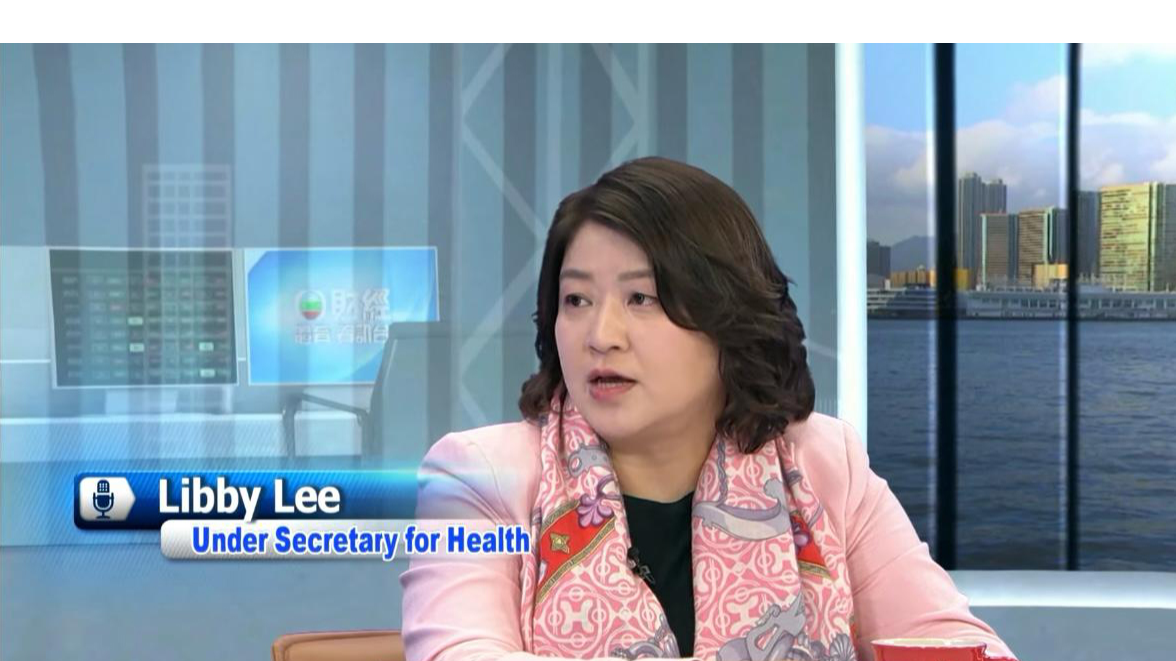
The Hong Kong Special Administrative Region’s health chief informed lawmakers on Friday that the government aims to bolster disease prevention and early diagnosis by reforming the Voluntary Health Insurance Scheme (VHIS) and launching a new hepatitis B screening program later this year.
Acting Secretary for Health Libby Lee Ha-yun revealed at the Legislative Council (LegCo)’s Panel on Health Services that the authority will conduct a major review of the VHIS to encourage spontaneous early disease screening.
Under the VHIS, participating insurance companies offer individual indemnity hospital insurance plans certified by the Health Bureau. The VHIS-certificated insurance plans must meet a set of standards ranging from standardized policy terms, guaranteed renewal up to the age of 100, and more comprehensive benefit coverage.
READ MORE: HK, Singapore sign pact on communicable diseases control
Lee said most medical insurance plans do not cover preventive diagnosis, and the authorities will discuss this with the insurance industry, exploring the possibility of incorporating relevant services into their VHIS-certified products.
Meanwhile, the HKSAR government has been rolling out disease screening programs to reinforce residents’ health management capacity.
Following the launch of screening programs targeting cervix, colorectal cancer, and breast cancer, the government will introduce a new screening program through the Chronic Disease Co-care Platform to help identify hepatitis B patients, and reduce the risk of developing complications, such as liver cancer.
The program will adopt a community-based mode, integrated with the family doctor system, to providing risk-based hepatitis B screening and ongoing management for people at higher risk.
The majority of cancer cases detected through these screening programs are at a preliminary stage, Lee noted, adding that early diagnosis and prompt treatment can significantly increase survival rates.
The government is also exploring the feasibility of utilizing artificial intelligence (AI) technologies to assist in lung cancer screening, Lee added.
READ MORE: Hong Kong unveils first action plan to reduce viral hepatitis
Also at the meeting, lawmaker Chan Wing-kwong pointed out that few Hong Kong residents benefit from the city’s integrated Chinese-Western medicine services. He said he hoped that the authority can enhance relevant service and enable more cancer patients to accept Chinese medical treatment.
Lee also stressed that the launch of a disease screening program is based on expert opinion, the prevalence of the disease in Hong Kong, the accuracy and safety of the screening test, the effectiveness of screening in reducing the incidence and mortality rates, as well as the feasibility of implementing the screening program.
The aim is to weigh up and make the best use of medical resources, said Lee.
Contact the writer at atlasshao@chinadailyhk.com


